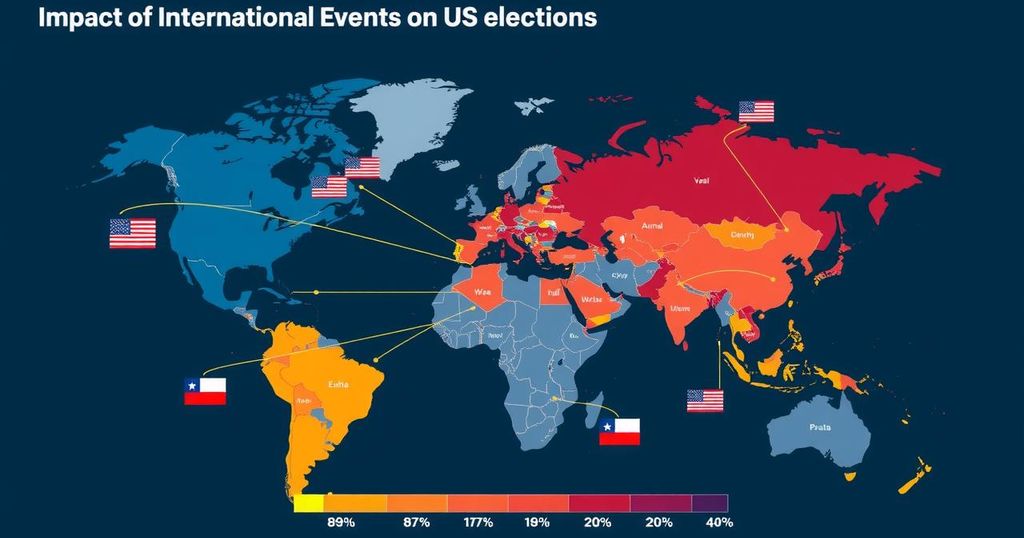The Gaza Factor in the U.S. Election

As the U.S. presidential election approaches, Arab American voters are rethinking their support for the Democratic Party due to concerns over the Biden administration’s support of military actions in Gaza, leading some to lean towards Donald Trump. This shift is alarming Democratic strategists and could impact voter turnout and alliances within the party. Amid global crises, media outlets are also modifying their approach to endorsements, weighing the political ramifications of their coverage and its effect on voter sentiment.
In the wake of escalating tensions in Gaza, the upcoming United States presidential election is experiencing a significant shift in voter sentiment. Traditionally, Arab American voters have leaned towards the Democratic Party; however, the Biden administration’s unwavering support for the military actions in Gaza is prompting many to reconsider their affiliations, with some now favoring Donald Trump’s candidacy. This unexpected pivot threatens to jeopardize the Democratic Party’s electoral strategy and create disruptions within their voter base. As the election draws near, the implications of this shift are far-reaching. Concerns are mounting over how the election results may affect not just the conflict in Gaza, but also other international crises, such as those in Ukraine and Sudan. Voters are grappling with their emotions in light of the humanitarian crises depicted in media coverage, which has only intensified their distress and uncertainty regarding their voting choices. The media landscape is also shifting; several influential publications have refrained from issuing presidential endorsements, reflecting a cautious approach as they prepare for a potentially tumultuous election outcome. Amid these complexities, the motivations of voters are critically assessed within the broader context of international conflicts and the humanitarian implications tied to U.S. foreign policy. In parallel, the situation in Myanmar serves as a poignant reminder of the global struggle for democracy and the role of media in fostering awareness of such crises. Journalists continue to report on the ground despite oppressive circumstances, illustrating the resilience of those advocating for democratic freedoms.
The backdrop of the article is set against the ongoing conflict in Gaza, which has generated a considerable emotional response among the American electorate. The Biden administration’s support for military action in the region has led to a disillusionment among some Democratic supporters, particularly within the Arab American community. As voter sentiment fluctuates, it raises pertinent questions about the future of electoral politics in the United States and its intersection with international humanitarian issues. Given the urgency and gravity of the situation, many voters are reconsidering their political allegiances in light of perceived party commitments and humanitarian principles.
The potential impact of the Gaza conflict on the U.S. presidential election highlights the intricate relationship between domestic voter behavior and international incidents. As Arab American voters realign their preferences, the Democratic Party faces significant challenges in preserving its traditional support base. This situation underscores the importance of how much foreign policy decisions can sway electoral outcomes and illustrates the need for political parties to remain responsive to the sentiments of their constituents amid global humanitarian crises.
Original Source: www.aljazeera.com








